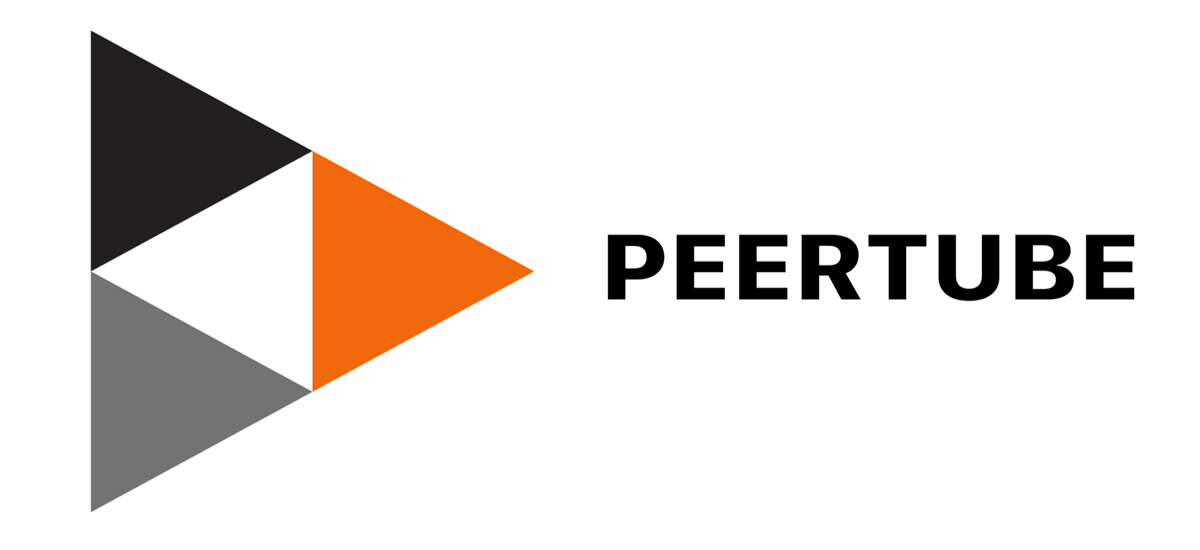
The new version of "PeerTube 3.4" has already been released and in this new version some important changes have been made, of which the inclusion of a new filtering system stands out, as well as the ability to subscribe a full node to a channel, improvements in search and more.
For those who are unfamiliar with PeerTube, they should know that this offers a vendor-independent alternative to YouTube, Dailymotion, and Vimeo, using a content distribution network based on P2P communications and linking visitors' browsers.
PeerTube is based on the use of a BitTorrent client, WebTorrent, which runs in a browser and uses technology WebRTC to organize a P2P communication channel cross-browser direct, and the ActivityPub protocol, which allows disparate video servers to be combined into a common federated network, in which visitors participate in content delivery and have the ability to subscribe to channels and receive notifications about new videos.
Today, there are more than 900 servers to host content, supported by various volunteers and organizations. If the user is not satisfied with the rules for posting videos to a specific PeerTube server, they can connect to another server or start their own server.
PeerTube offers a vendor-independent alternative to YouTube, Dailymotion, and Vimeo, using a content distribution network based on P2P communications and linking visitors' browsers. The developments of the project are distributed under the AGPLv3 license.
Main new features of PeerTube 3.4
In this new version of the platform one of the novelties that stands out is the implementation of a new video filtering system which allows any user to be able to filter on any video page, including account pages, channels, pages with recently added videos that are gaining popularity. In addition to the previously available sort modes, the ability to sort and filter has been added by language, age restrictions, source (local videos and materials from other servers), type (live, VOD) and categories. To manage the filters, a special button has been added in the upper left corner of each video page.
Another novelty that stands out from PeerTube 3.4 is that added the ability to subscribe a full node to a specific channel or account without enabling federated binding to the node hosting the selected channel or user. Subscriptions are made in the administration menu through the Next section in the Federation tab.
As well support was provided to be able to filter search results by the sites from which the found videos are distributed. For example, if you know that a certain node has a well-formed collection on a certain topic, you can limit the output of results to only this node.
On the other hand, it is also highlighted that integrated support was added to be able to save video files in different object storages such as Amazon S3, which allows site administrators to store videos in systems that dynamically allocate space according to user needs.
Finally, in the announcement of the new version it is mentioned that HLS.js library updated used in the PeerTube video player as PeerTube now detects and remembers the user's bandwidth.
Previously, the player used "medium quality" by default and you might have noticed a quality change after a few seconds if you had a good network connection. Now the player automatically identifies your last used bandwidth and chooses the most suitable resolution. This allows you to start streaming in high or low quality immediately, rather than using the default average quality level and falling back to an acceptable resolution only after a few seconds.
Finally, if you are interested in knowing more about it about this new version of PeerTube or in general about it, you can check the details In the following link.